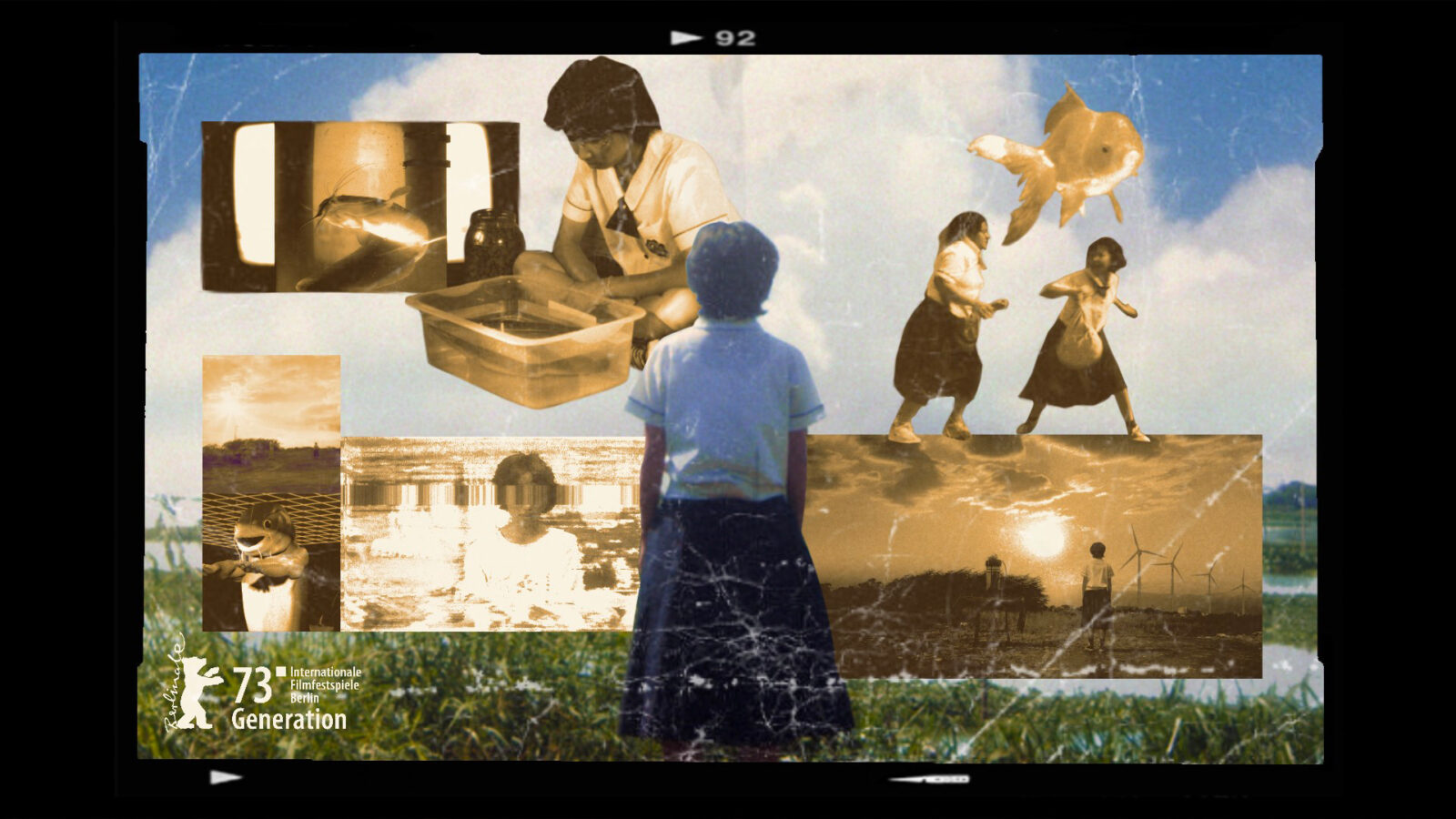Hito, a dystopian short film by Stephen Lopez, is the only Filipino film in a competitive section of the prestigious 73rd Berlin International Film Festival.
In the world of cinema, one of the most sought after film festivals is the Berlin International Film Festival, also known as Berlinale. Now on its 73rd edition, Berlinale is one of the oldest cinematic events in the world and belongs to the so-called Big Three of film fests alongside Cannes and Venice. Spanning nine competitive and exhibition sections with industry-related events (like its talent campus, Berlinale Talents), Berlinale opens the year with one of the biggest gatherings of filmmakers, creatives, and enthusiasts.
Over the years, Filipino talents have been gracing and triumphing at the Berlinale. From arthouse filmmaker Lav Diaz winning the Silver Bear in 2016 for the historical A Lullaby to the Sorrowful Mystery and Rafael Manuel’s Filipiñana becoming the first Filipino short film to receive the jury prize in 2020, the Philippines has been getting its spotlight at the coveted event. And it continues this year as another jam-packed delegation heads to the chilly capital city of Berlin this month to proudly represent the country. One of them is Stephen Lopez and his sci-fi, political, and youth-oriented short Hito, which is the only Pinoy film selected in a competitive section at this year’s Berlinale.
Related: These Grants From QCinema And FDCP Will Bring Your Short Film Ideas To Life
KIEFER THE TALKING CATFISH
“It started with the urge to make a creature or sci-fi film in the vein of Godzilla or Mothra merged with the stupid idea of a talking catfish,” shares writer-director Stephen Lopez in an exclusive interview with NYLON Manila. His sophomore short effort, Hito, is part of the Berlinale’s youth-focused sidebar Generation 14plus.
In a section that caters to “wild and angry, heartfelt, and headstrong” narratives about young perceptions and worldviews and makes the worlds of young protagonists more tangible, Hito fits in comfortably with a selection of 24 feature-length and 31 short films.
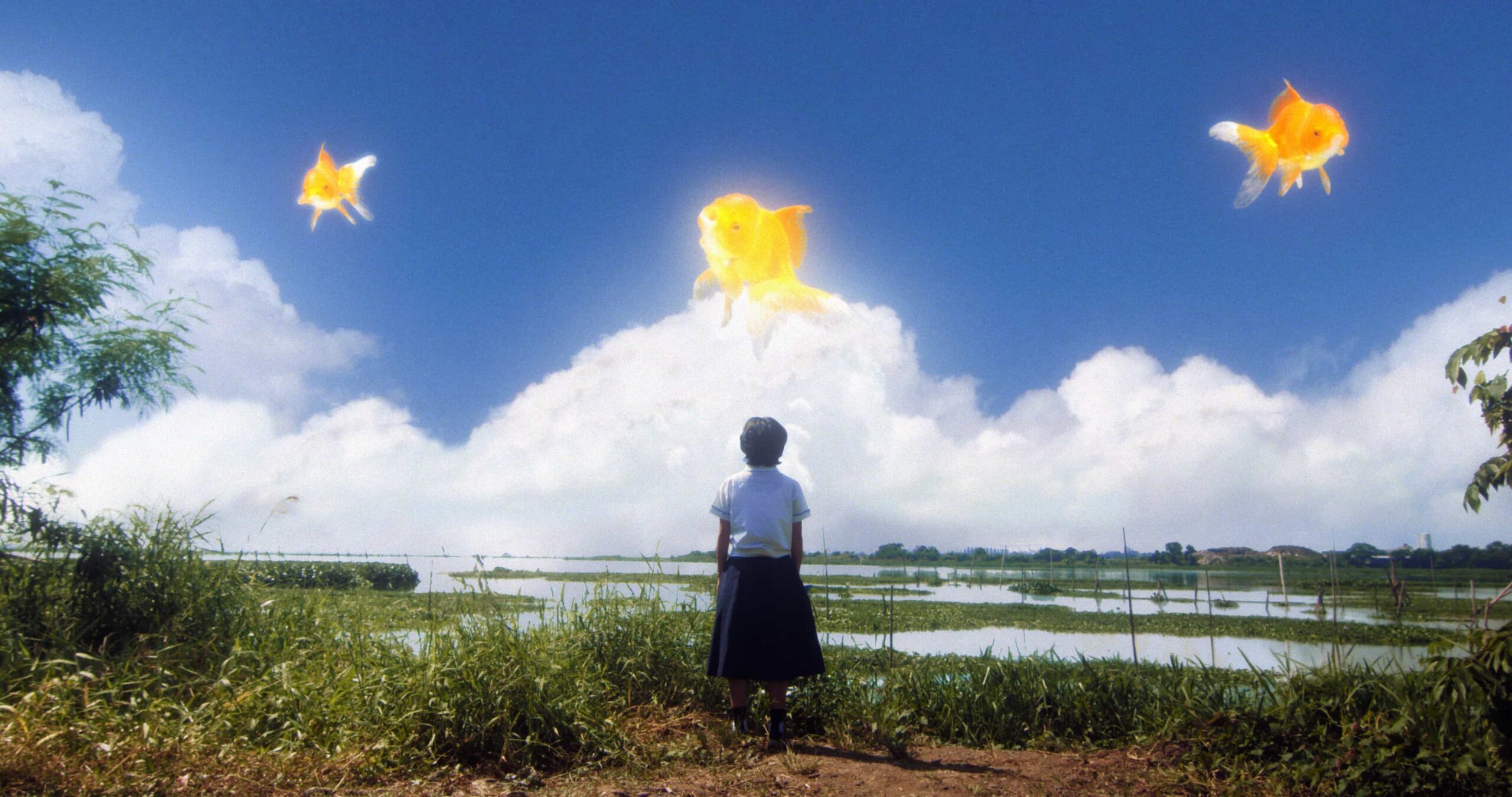
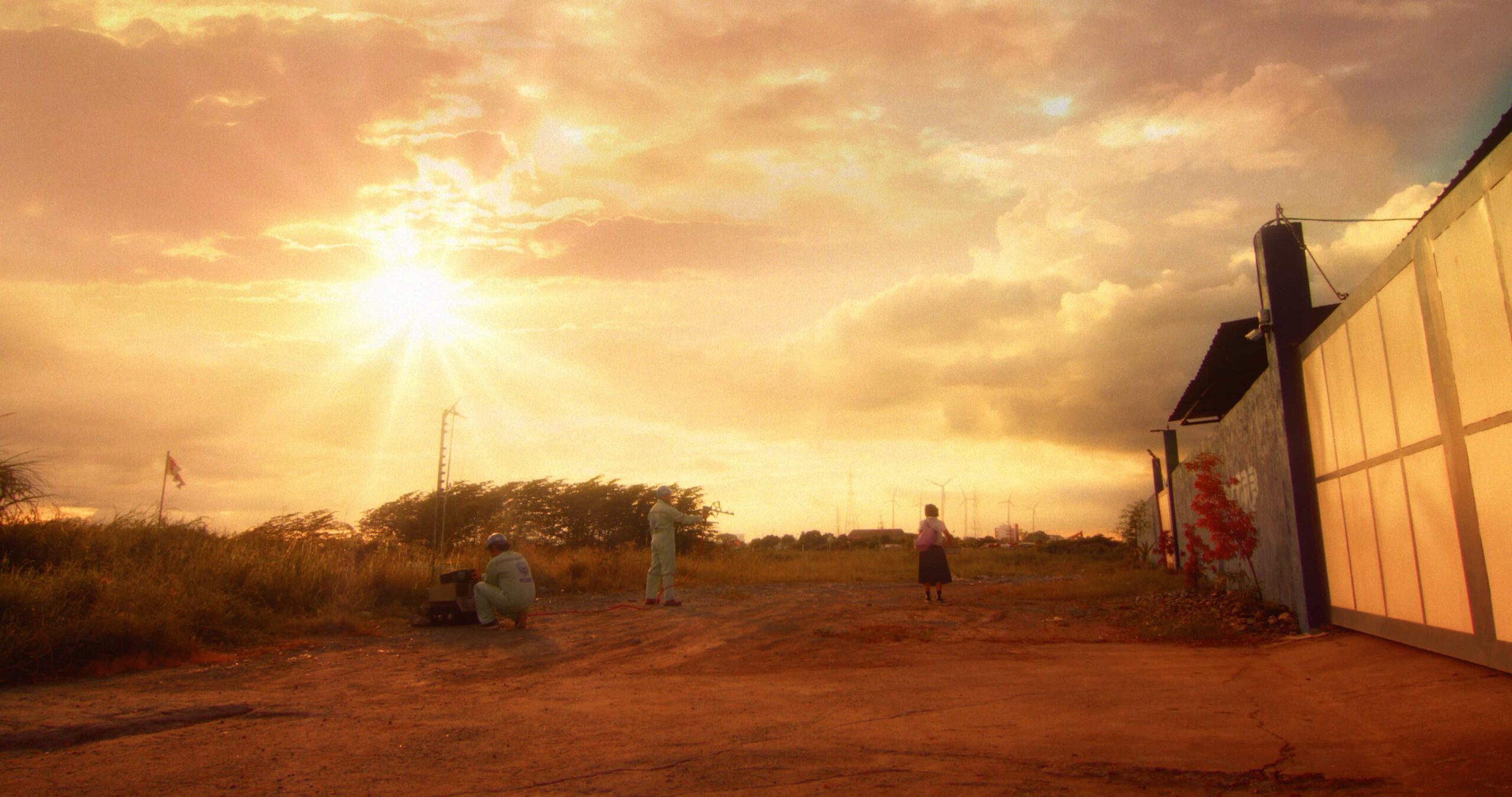


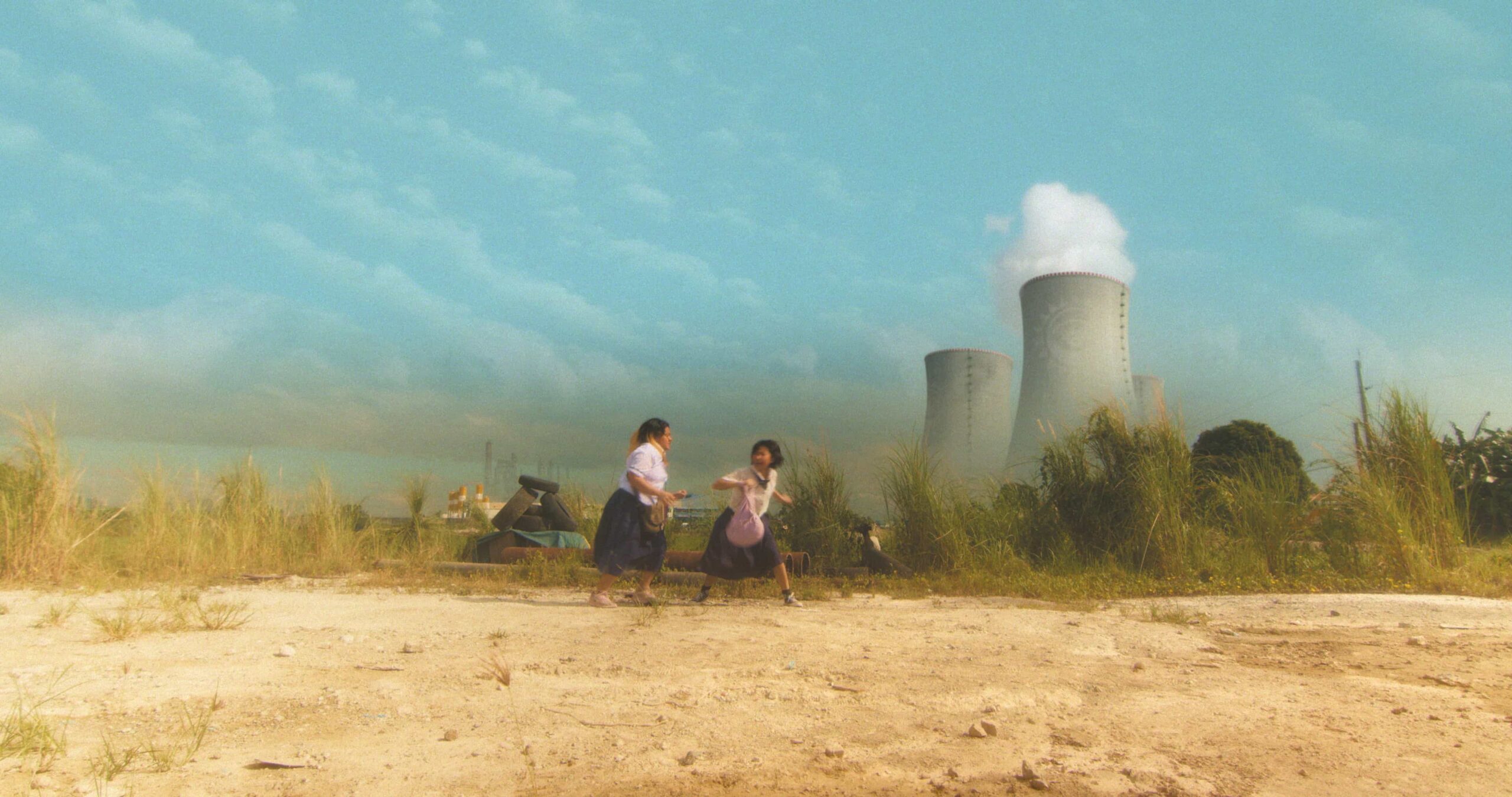
Part absurdist, part science fiction offering, Hito follows a 14-year-old girl named Jani who lives in a dystopian world devoid of empathy and where history holds no meaning. She finds comfort in her slippery friend Kiefer, a talking catfish who will be her company in her journey to freedom. Yes, to say that Hito’s premise is interesting is an understatement, as it’s loaded with a story that took years to develop and eventually realize.
THE MAKING OF HITO
For his research on the story of Hito, Stephen was inspired by the strange experiments of the American scientist, John C. Lily, particularly his attempt to communicate with dolphins by inducing them with LSD and letting them live with a woman in an inundated house.

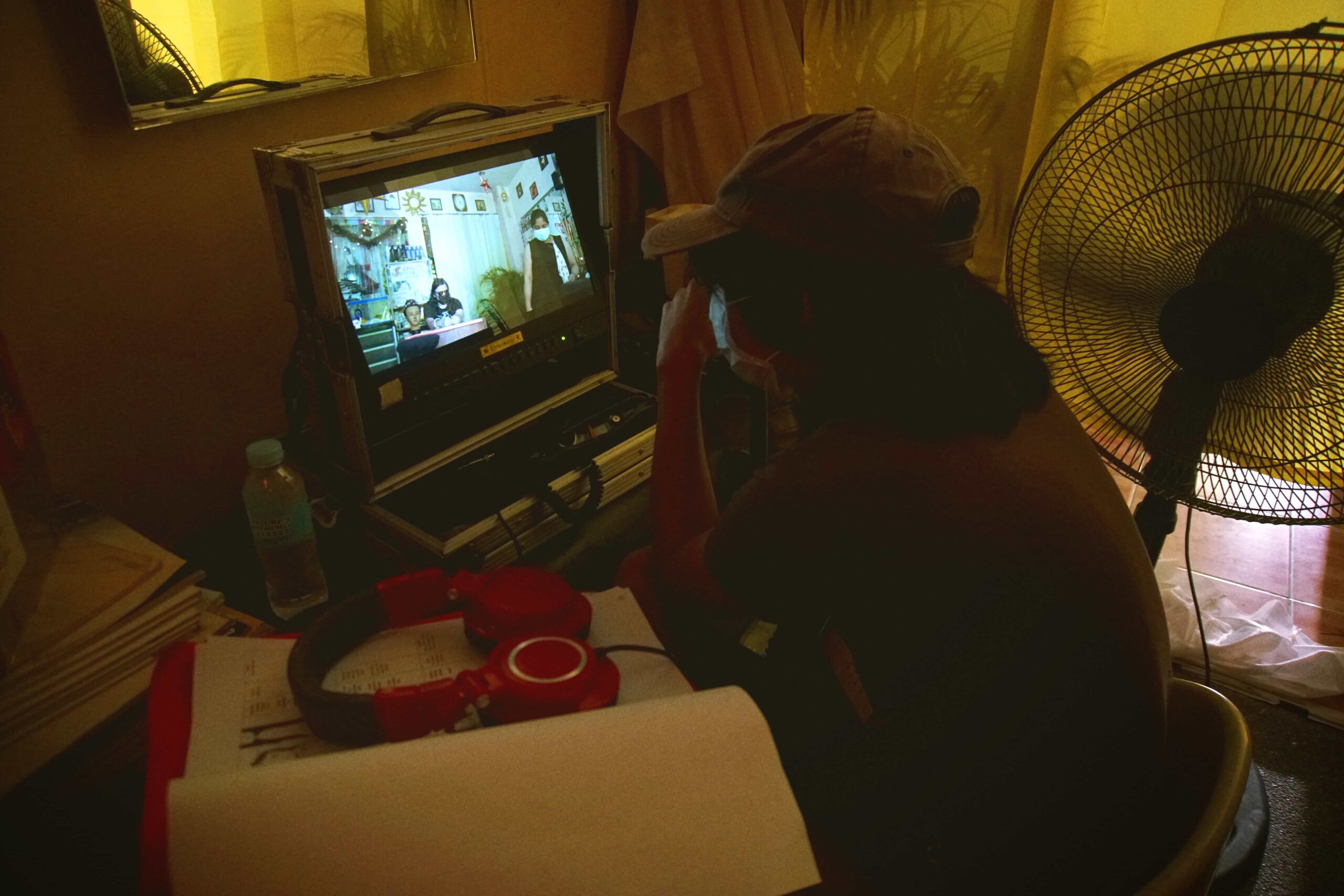
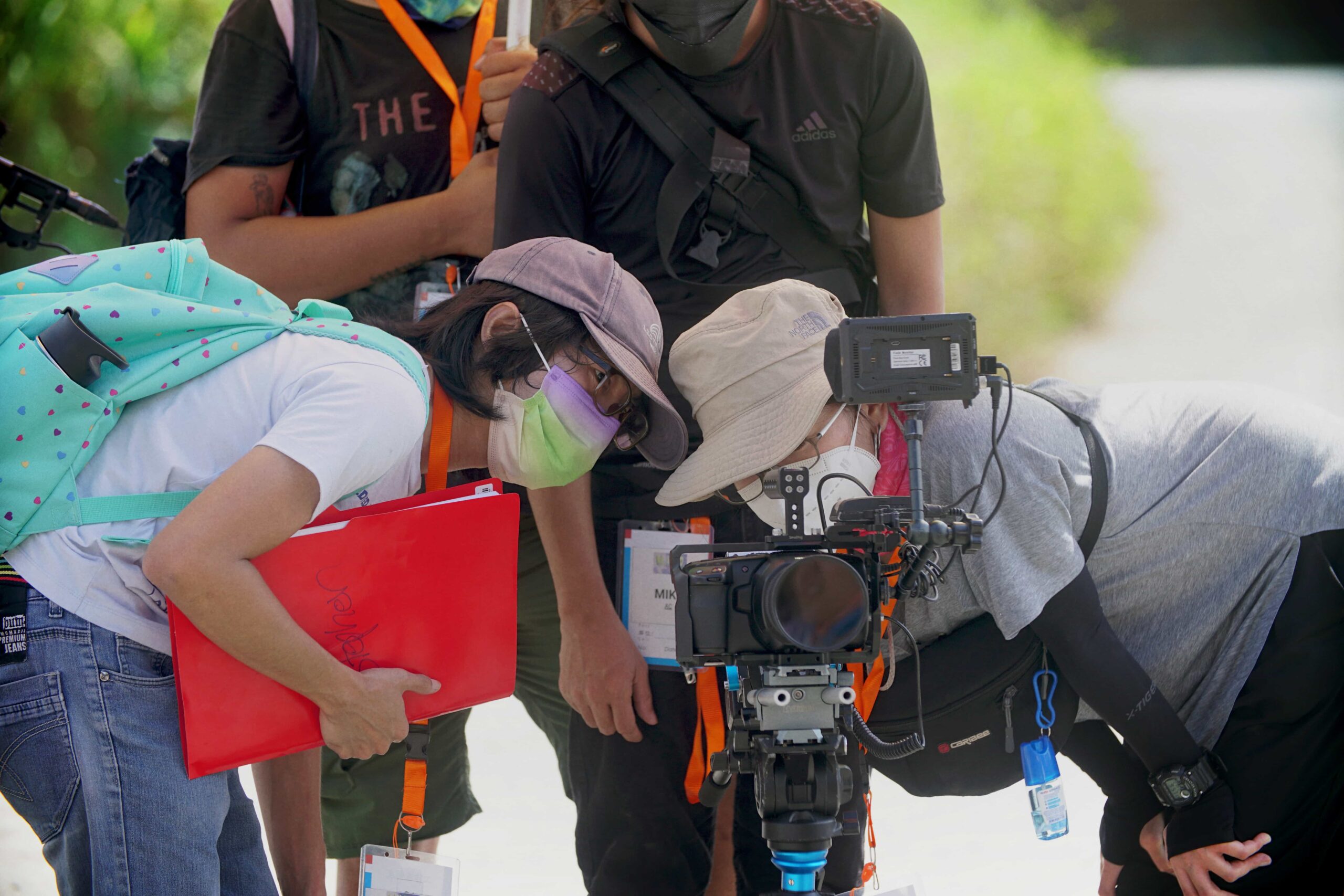


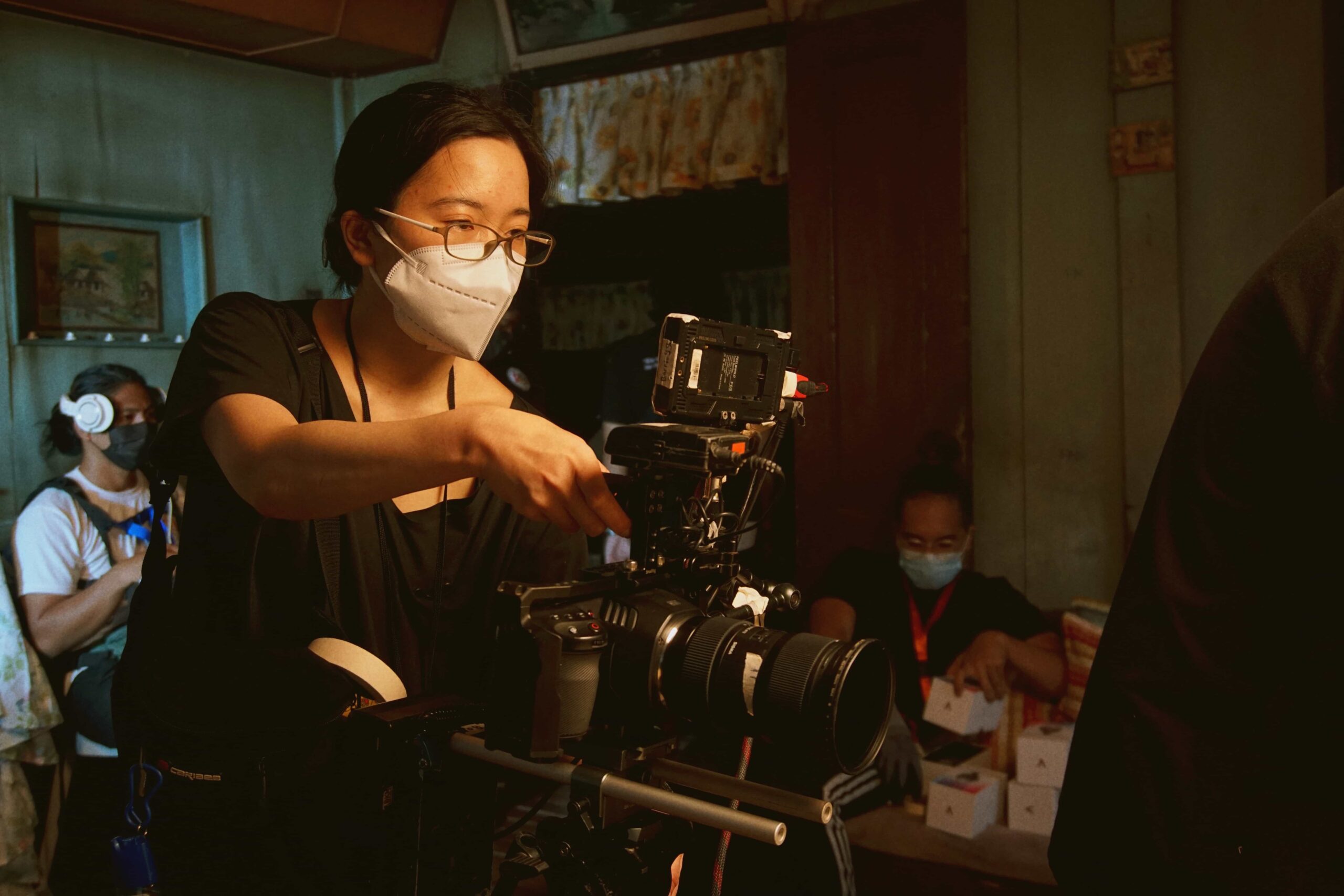
“I combined this weird science concept with the stories told to me by people I know regarding their experiences during the Marcos dictatorship,” furthers the 31-year-old filmmaker. “I also did some [research about] the unbelievable story of the Marcoses bringing back African wildlife to the Philippines and putting them on an island called Calauit.”
According to Stephen, it took him and his team four whole years to develop and make the film. In 2021, Stephen was part of ANIMA Studios’ (formerly Globe Studios) Short Film Lab where he and other emerging filmmakers were mentored by industry experts from story development to post-production.
“Of course it was extremely hard to sell to producers. But for some reason ANIMA Studios believed in us and allowed us to be part of their short film lab wherein we were given the tools, some funding, and mentorship needed to fully develop the concept.”
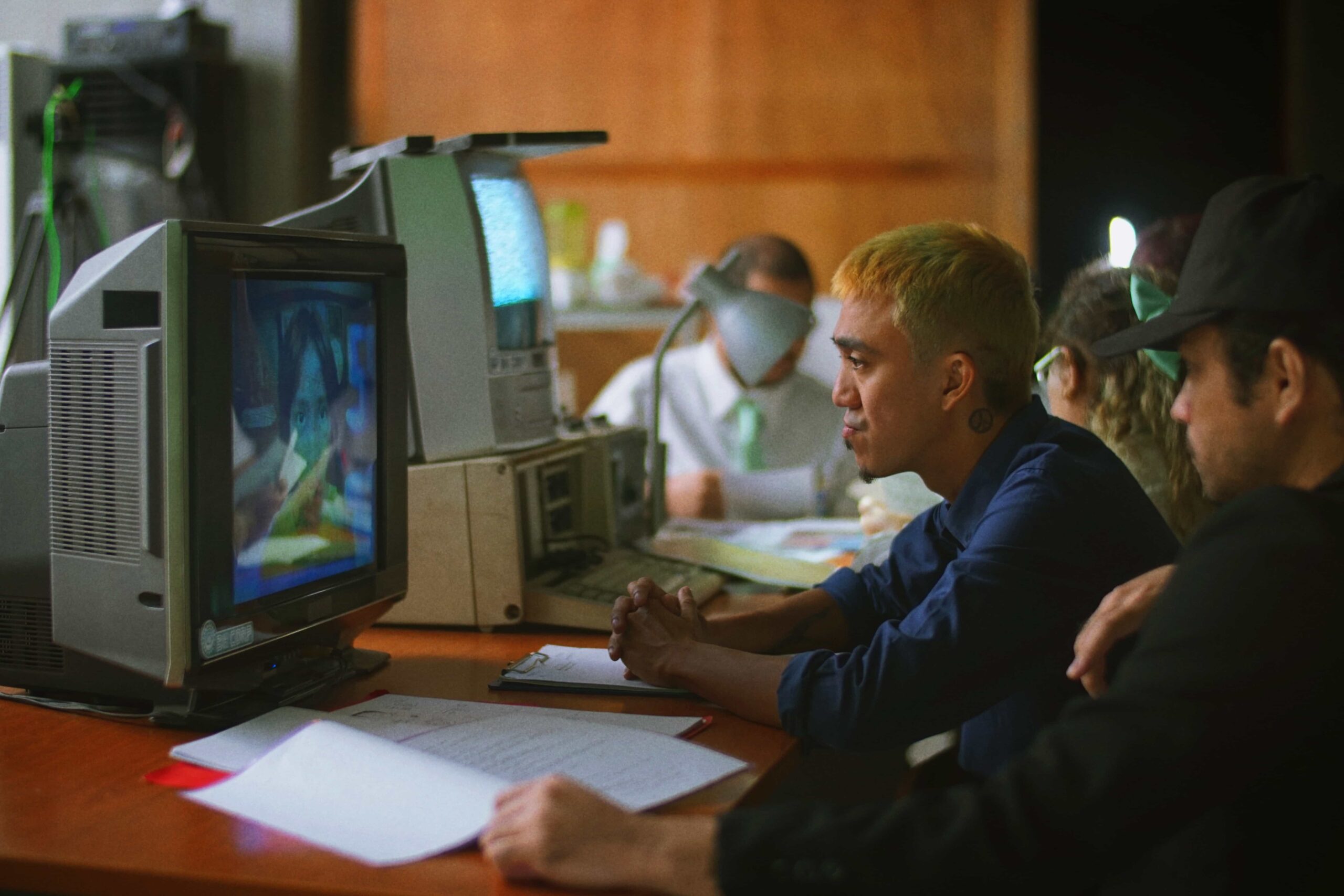
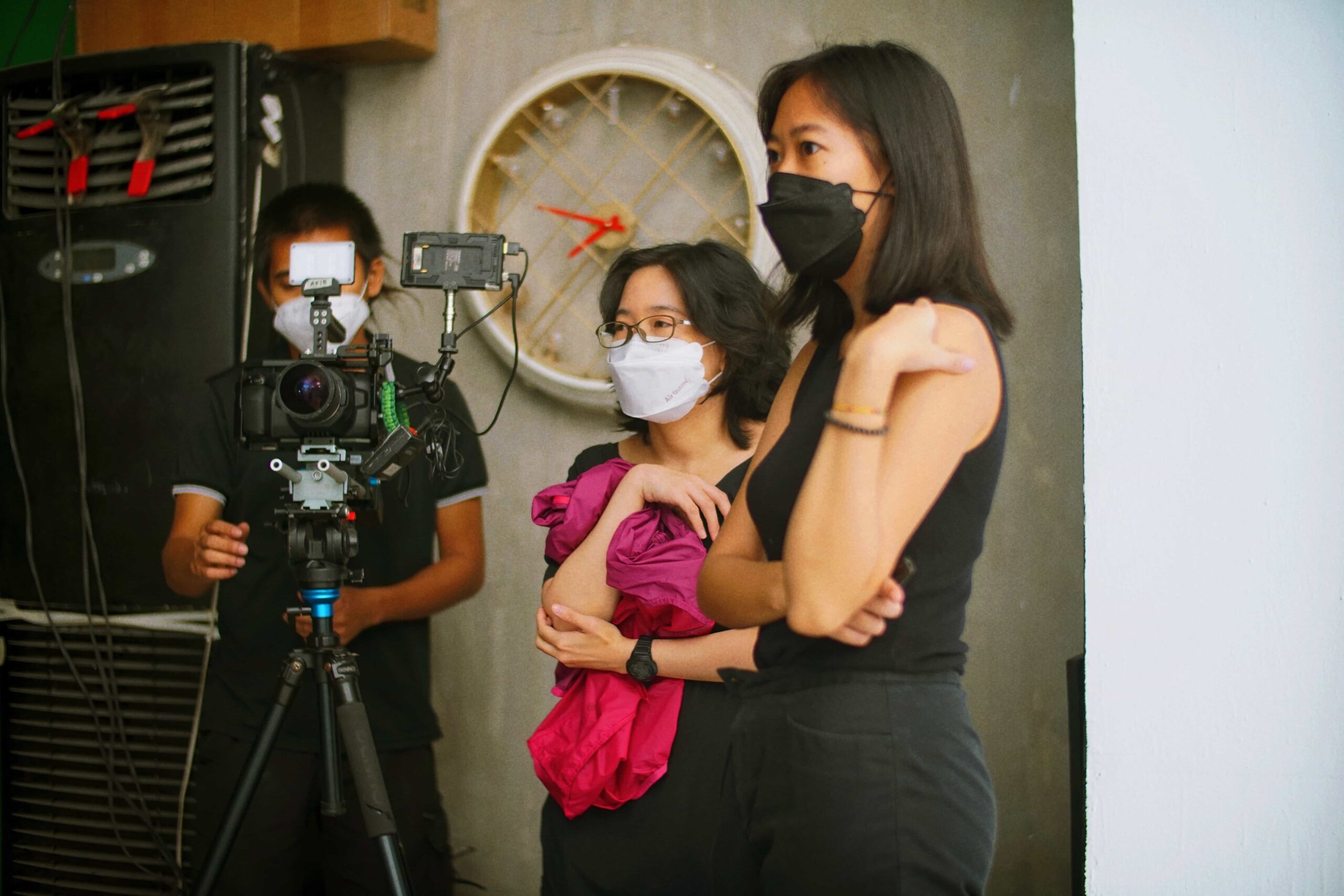
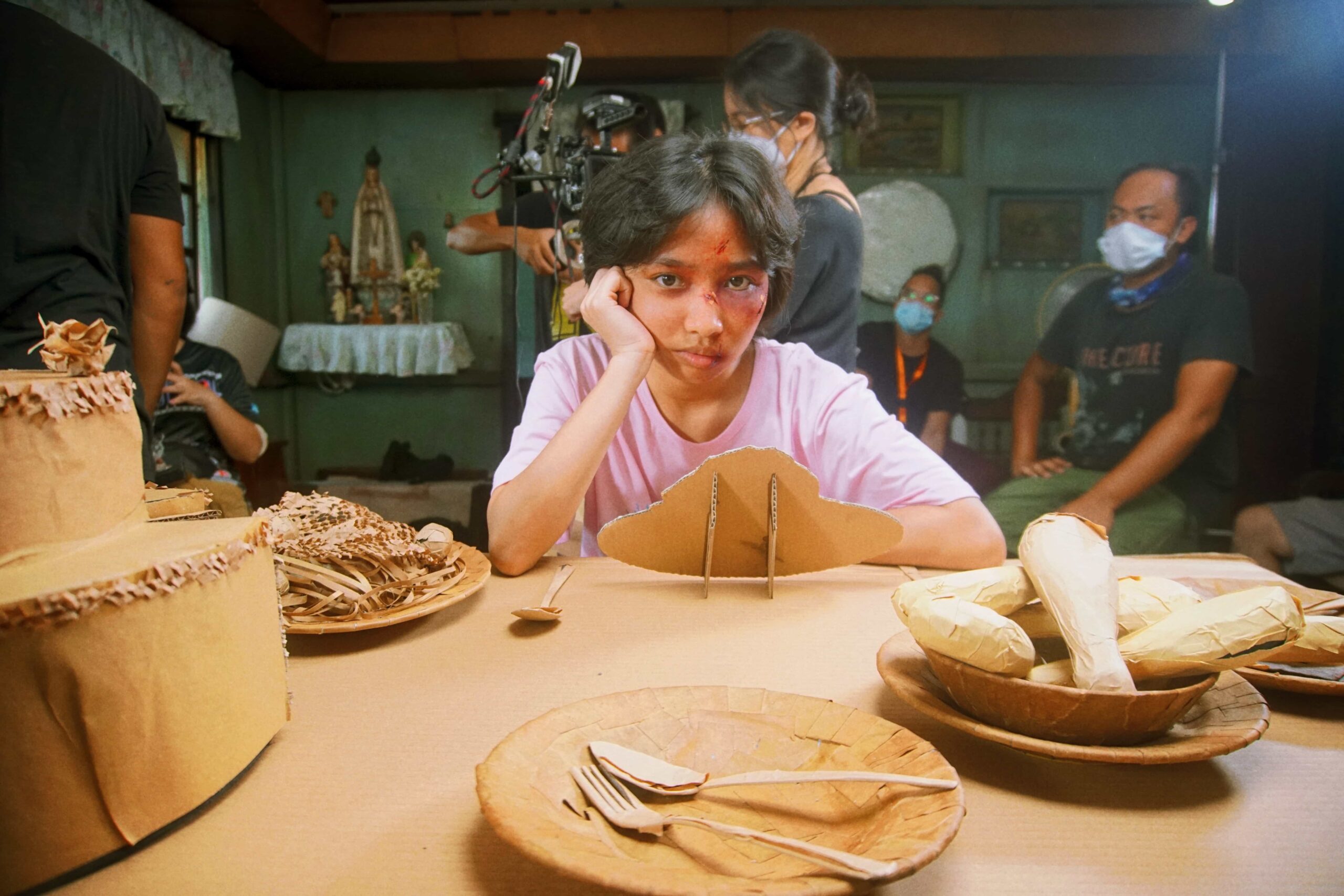
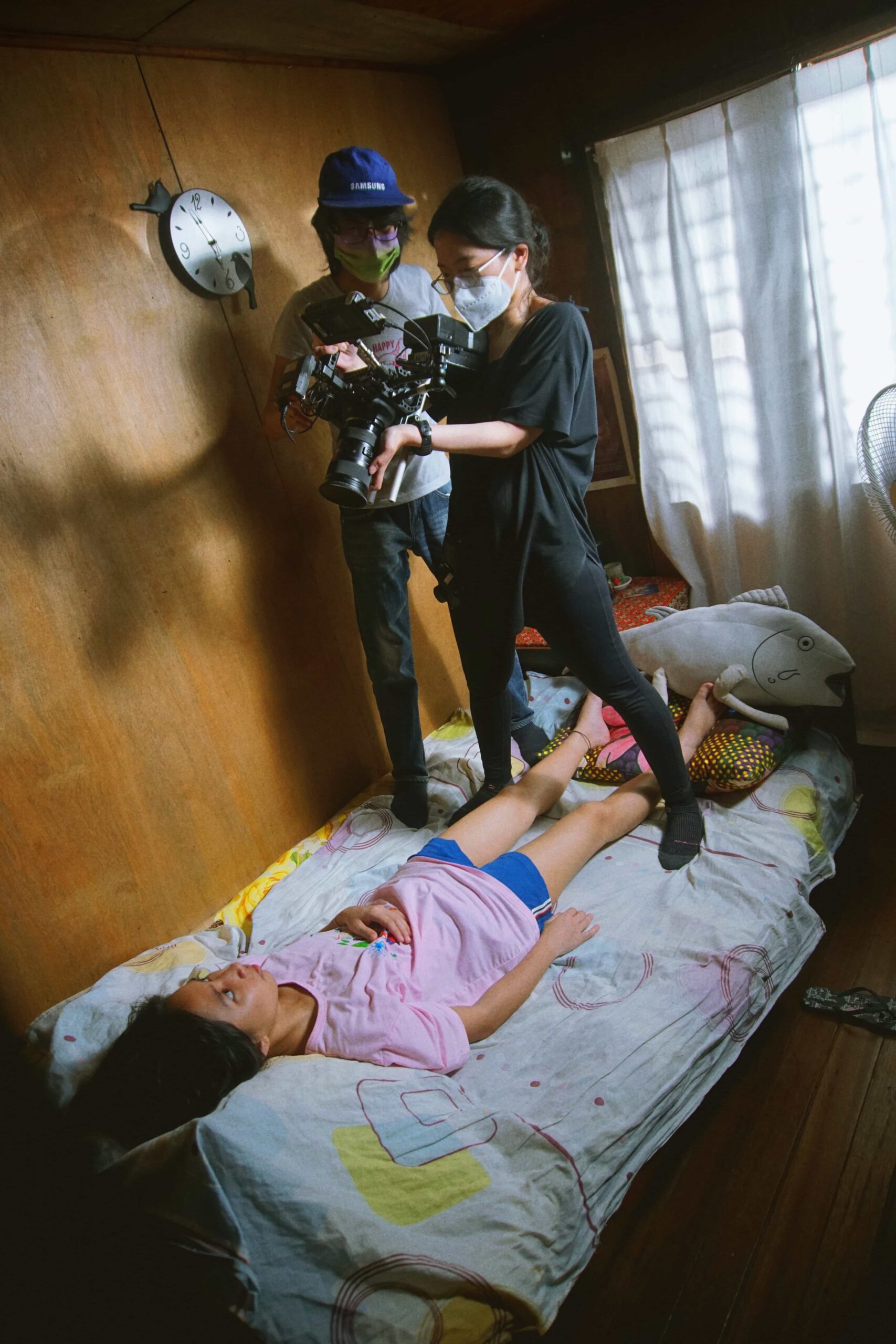

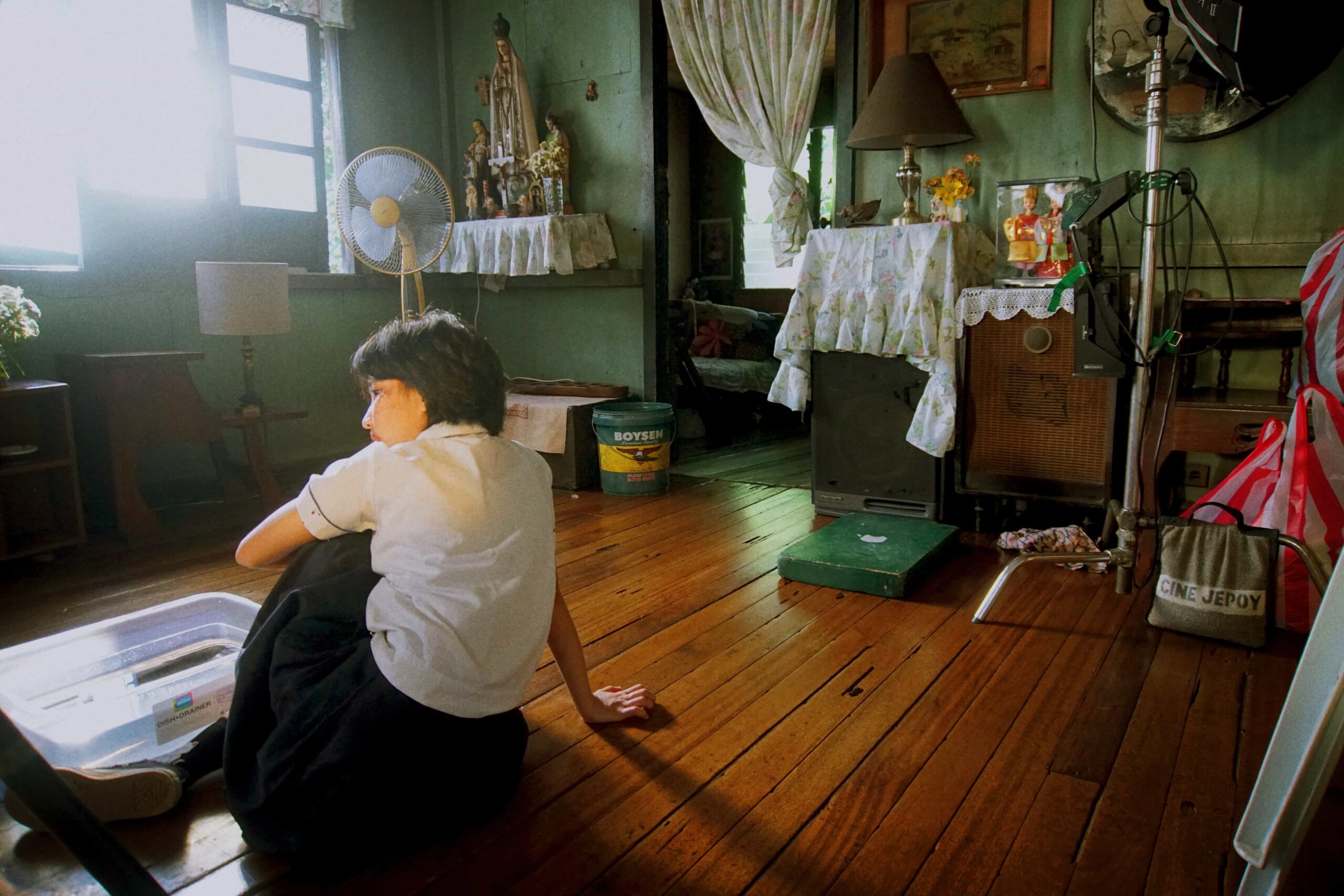


After two years of trying to look for funding, a whole year allotted for story development and production, and another year for post-production, the extraordinary world of Hito has finally come to life. “We wanted to make a film on our own terms where we would do our best to have proper working hours and conditions,” declares Stephen.
For sure, it was no easy feat making the film, but for Stephen and his team, a compassionate working setup was a top priority. “It was a struggle and we failed at times. But for the most part I think we succeeded and proved that it was possible to have a humane film set and create somewhat decent films in the process. In the end, what emerged was this strange anti-fascist sci-fi film with a talking catfish who escaped from the Calauit safari.”
BERLINALE-BOUND
Prior to Hito, Stephen Lopez worked as sound recordist for several films. It then took him “seven years and a near-death experience on a film set” before directing his debut short film, the Halloween-themed Gabi ng Kababalaghan, which bagged the best short film prize at the CineFilipino Film Festival in 2018 and ultimately, motivated him to write and develop more of his concepts.

About his decision to submit Hito to the Berlin International Film Festival, Stephen reveals that it was the selection of Maria Estela Paiso’s short It’s Raining Frogs Outside and the films of Filipino maverick director Khavn dela Cruz in the fest’s past editions that inspired his team to do so. “We thought like a bunch of idiots that they must like ‘strange’ Filipino films in the Berlinale so they might consider us too. Well, apparently, luck favors the foolish and we got into the Generation 14plus section.”
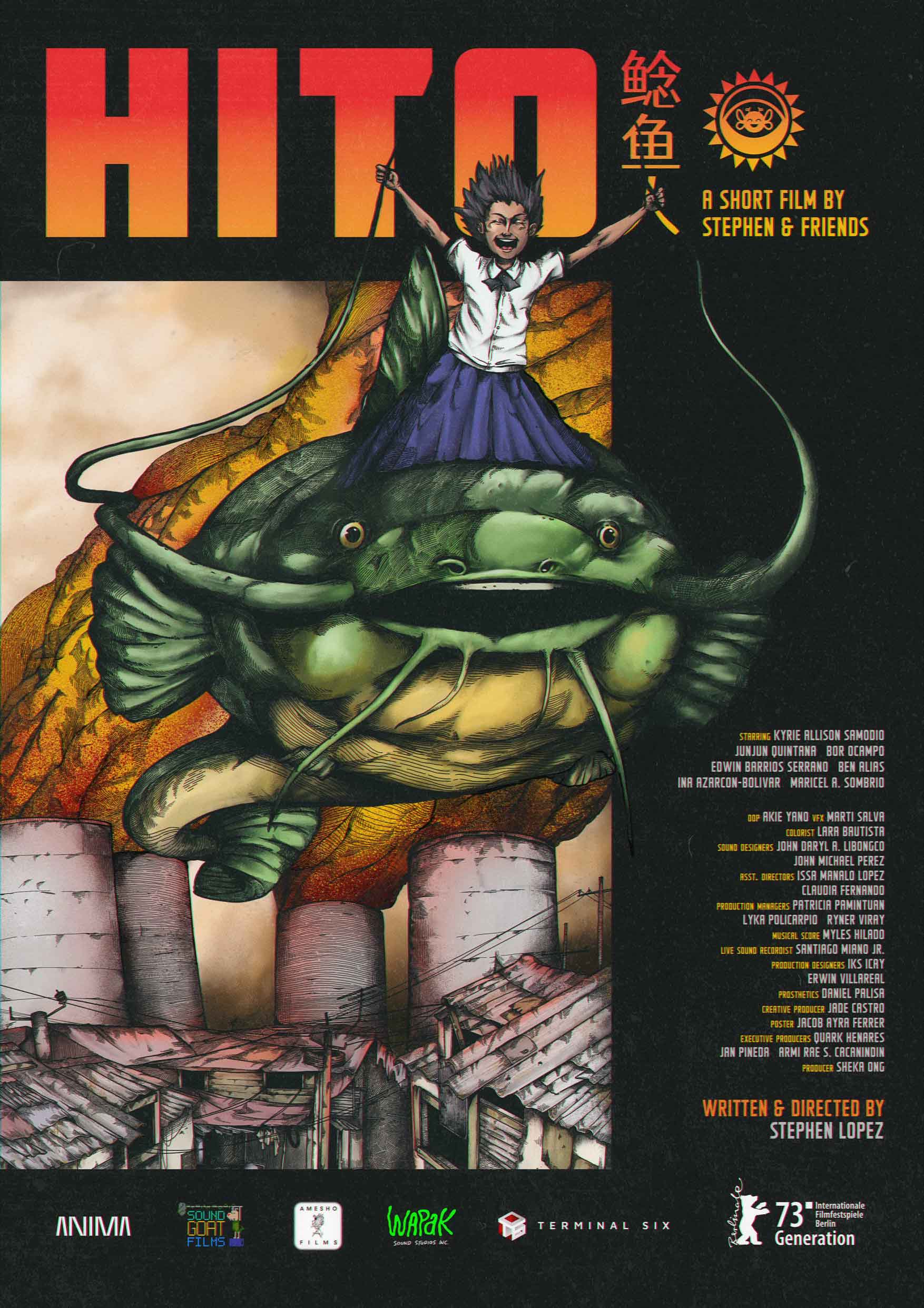
While Stephen believes that people experience films in different ways and that a short film is “but a microscopic dent in the system,” he wishes that watching Hito in the future will leave viewers with quite an optimistic thought.
“I wish generations in the future could watch this film and say what we say whenever we see the brutal nature of life in the Dark Ages: ‘What a terrible time that must have been for someone to have imagined such a thing. It’s a good thing our leaders are much better now and people are much kinder.’”
Hito will have its world premiere at the Berlinale on February 20, 2023 and will be screened in the festival cinemas until February 25, 2023. Meanwhile, you can watch award-winning shorts from past Berlinale editions here.
Continue Reading: 7 Alternative Streaming Platforms That Offer A Different Cinematic Experience
